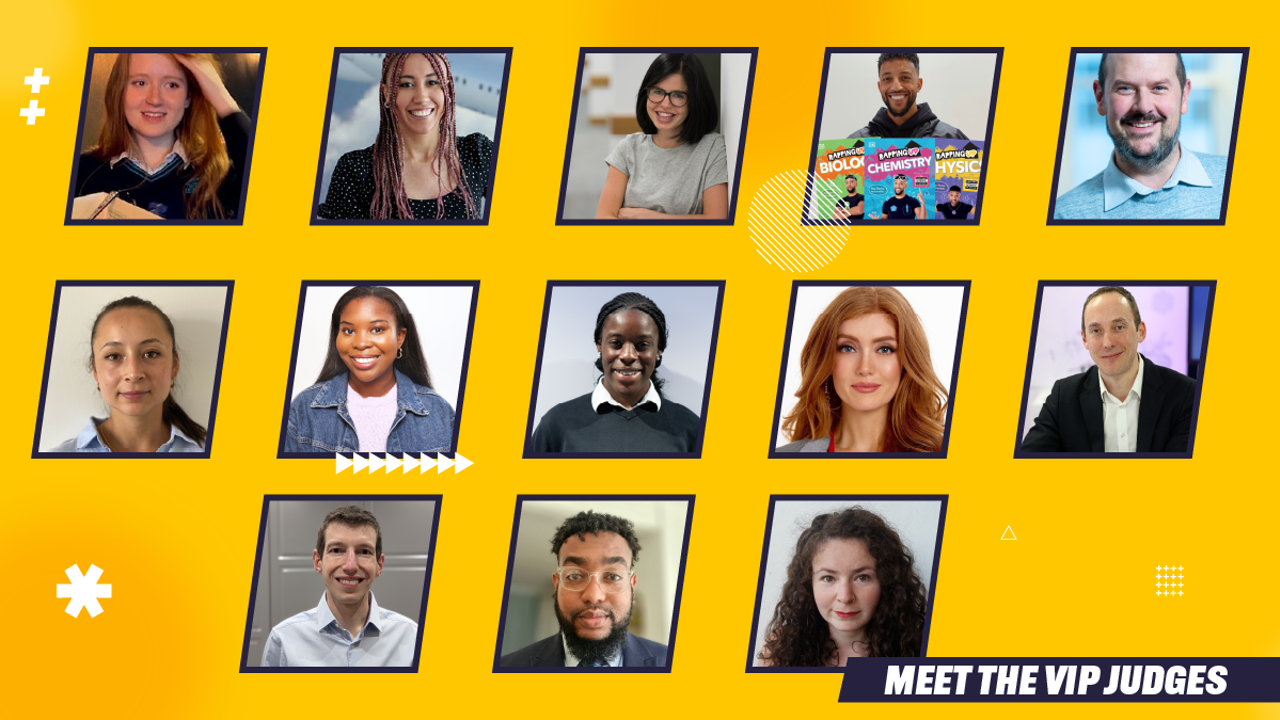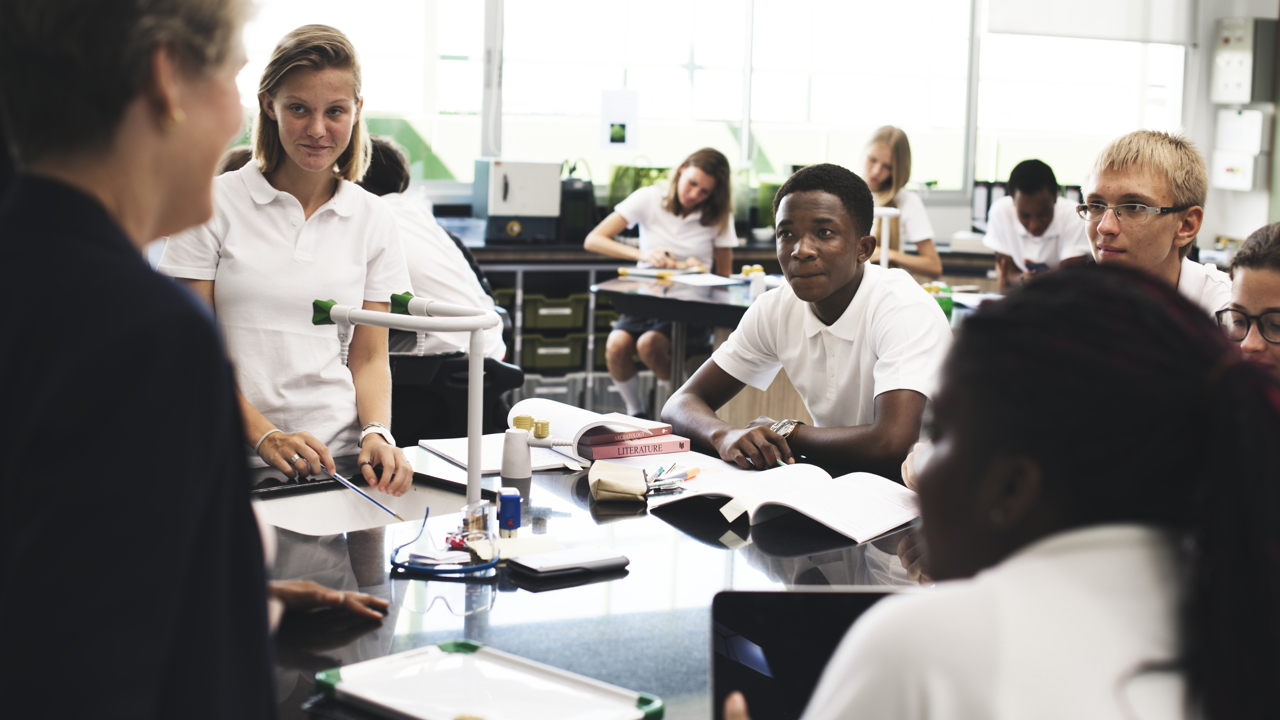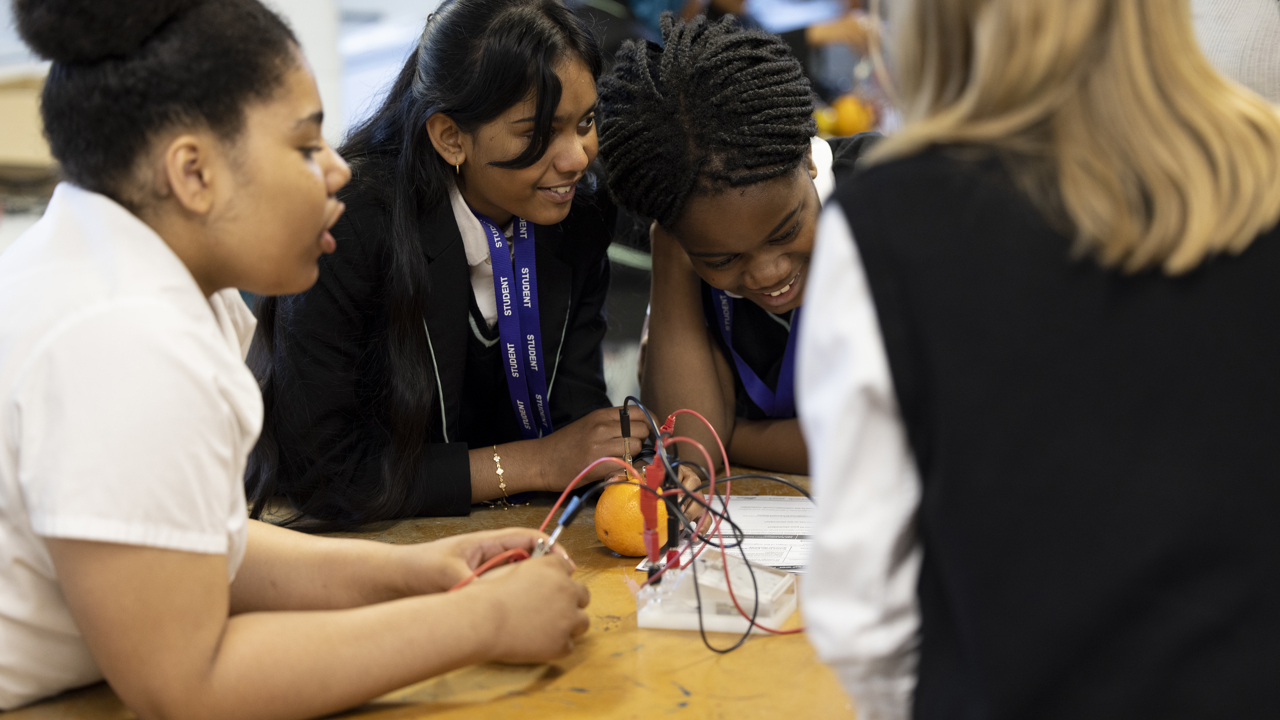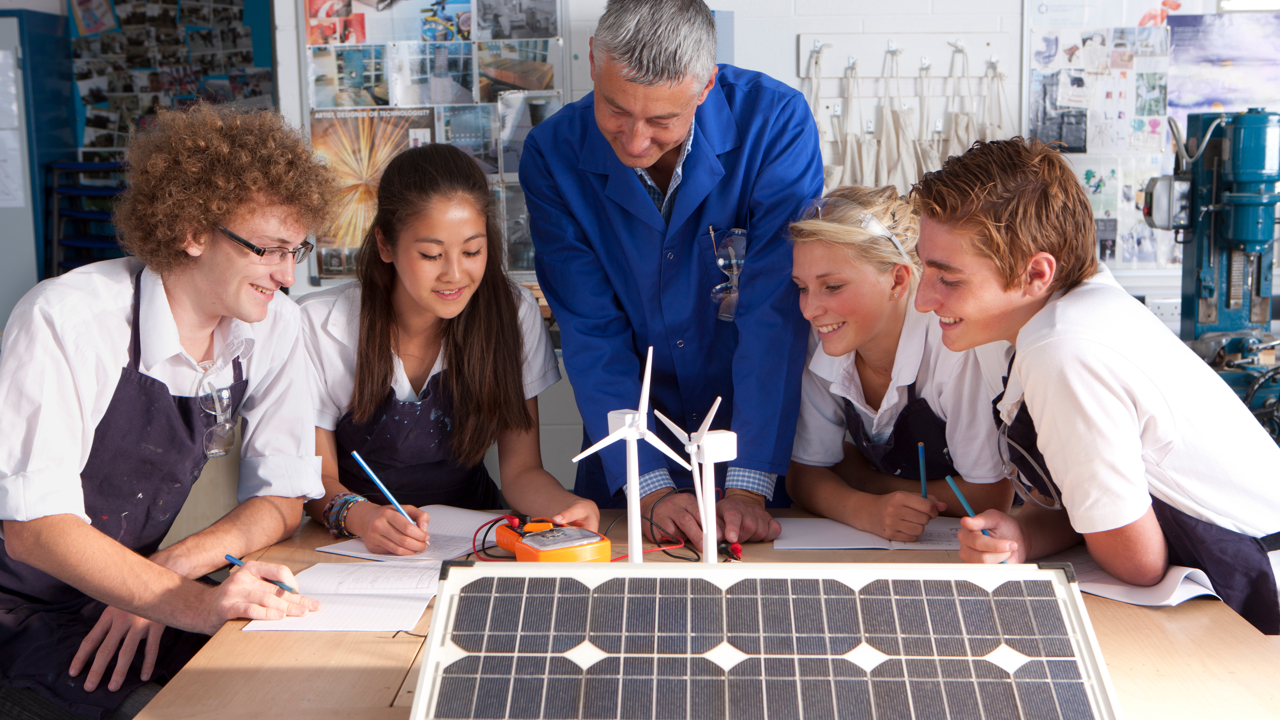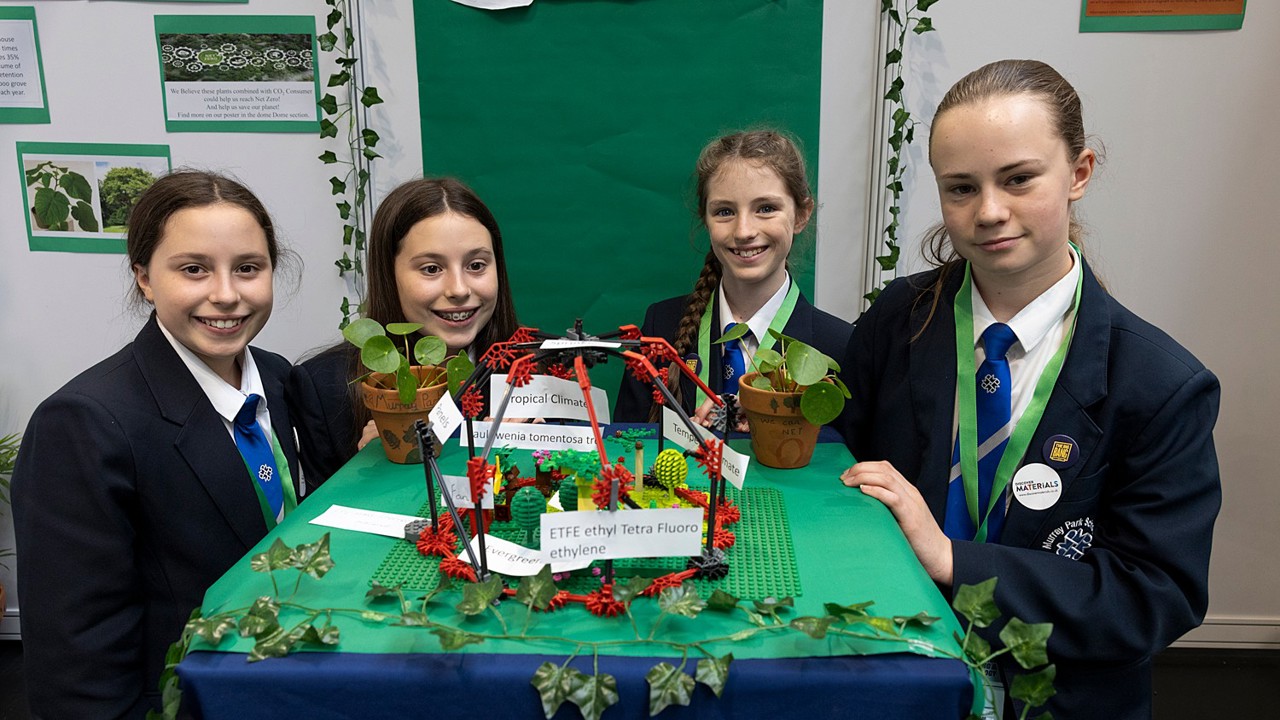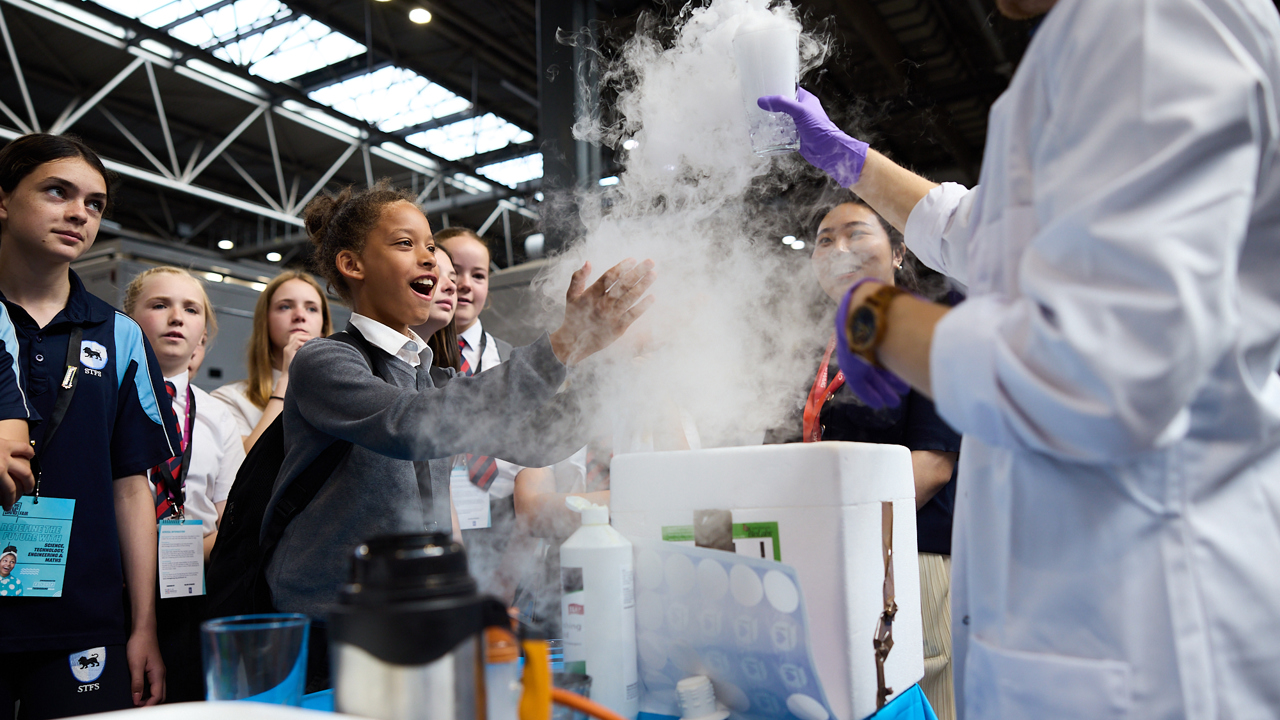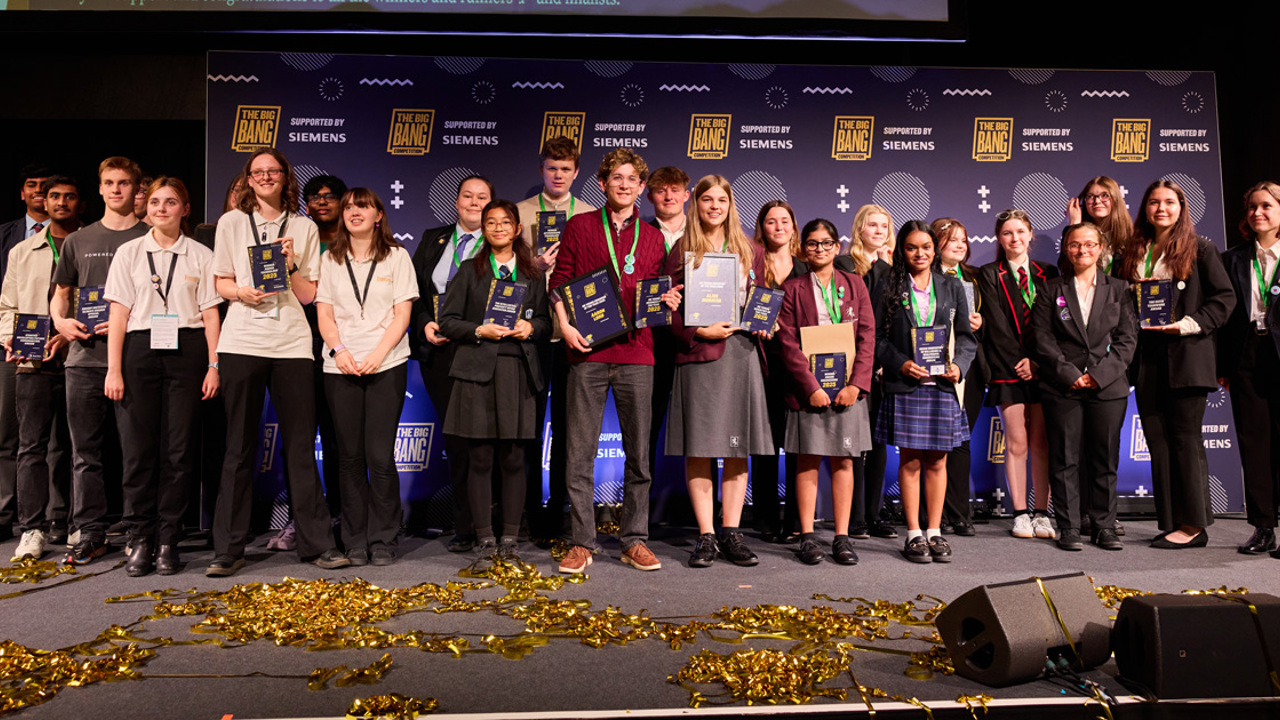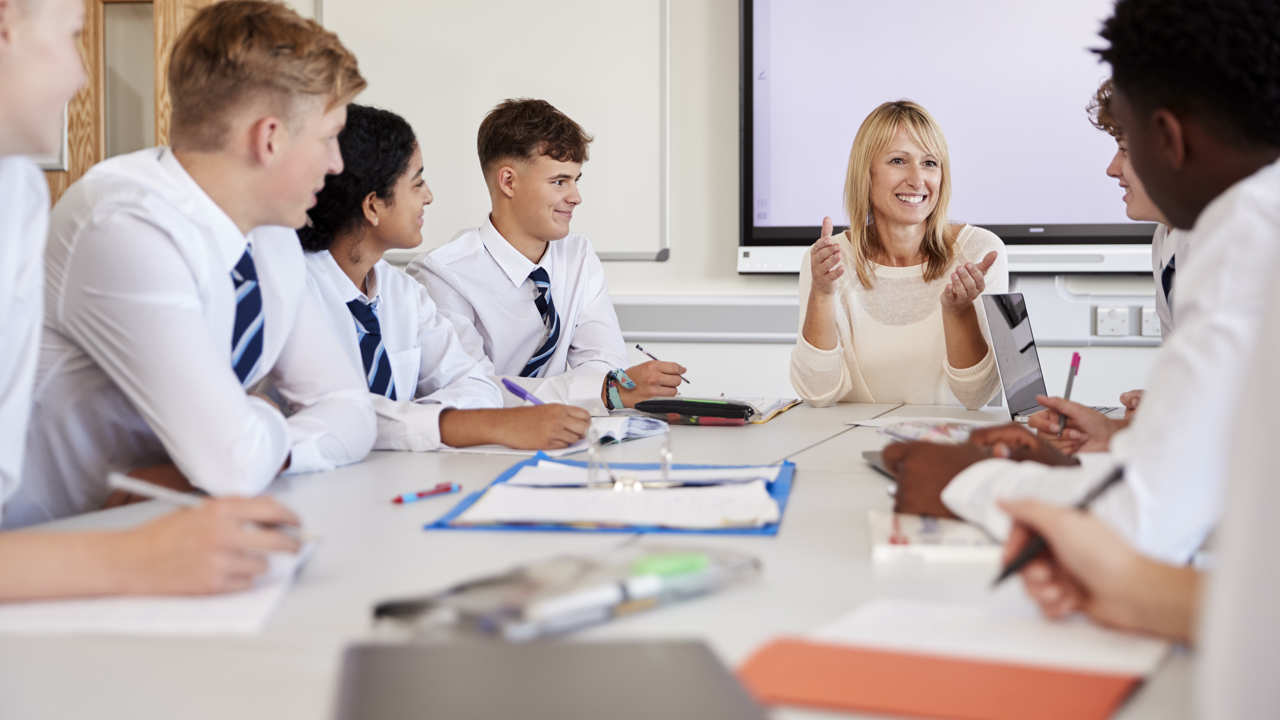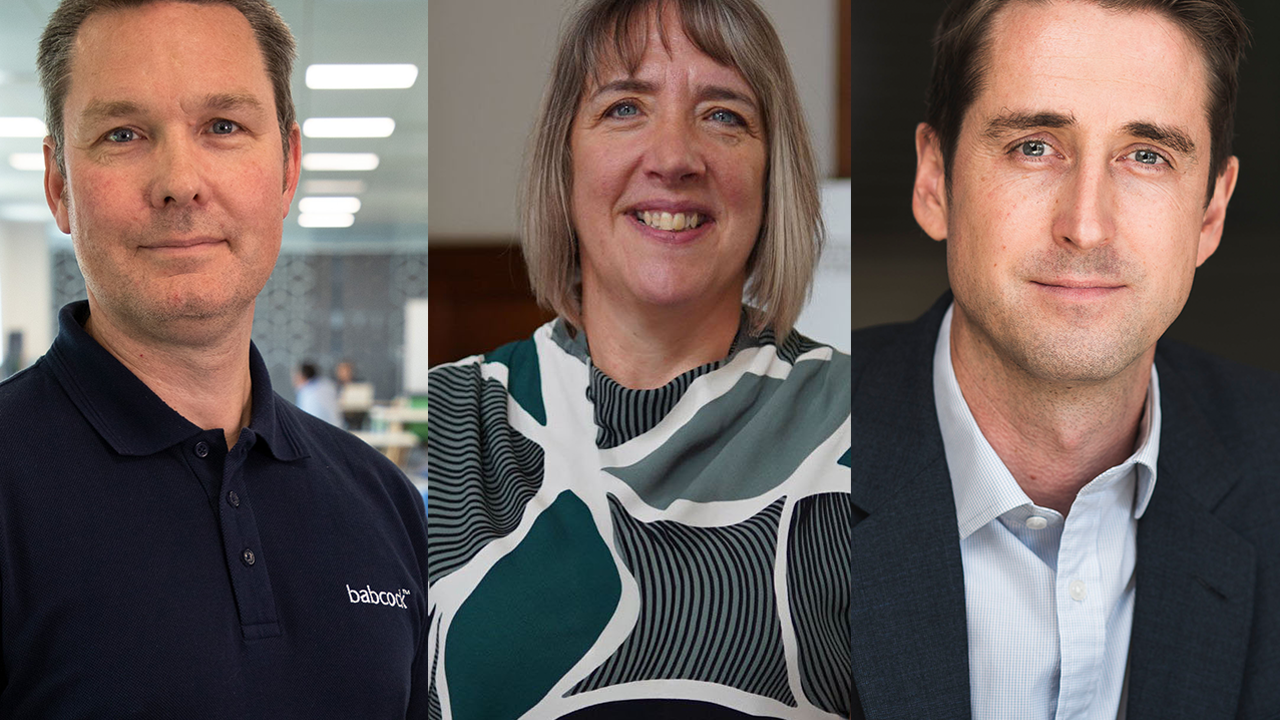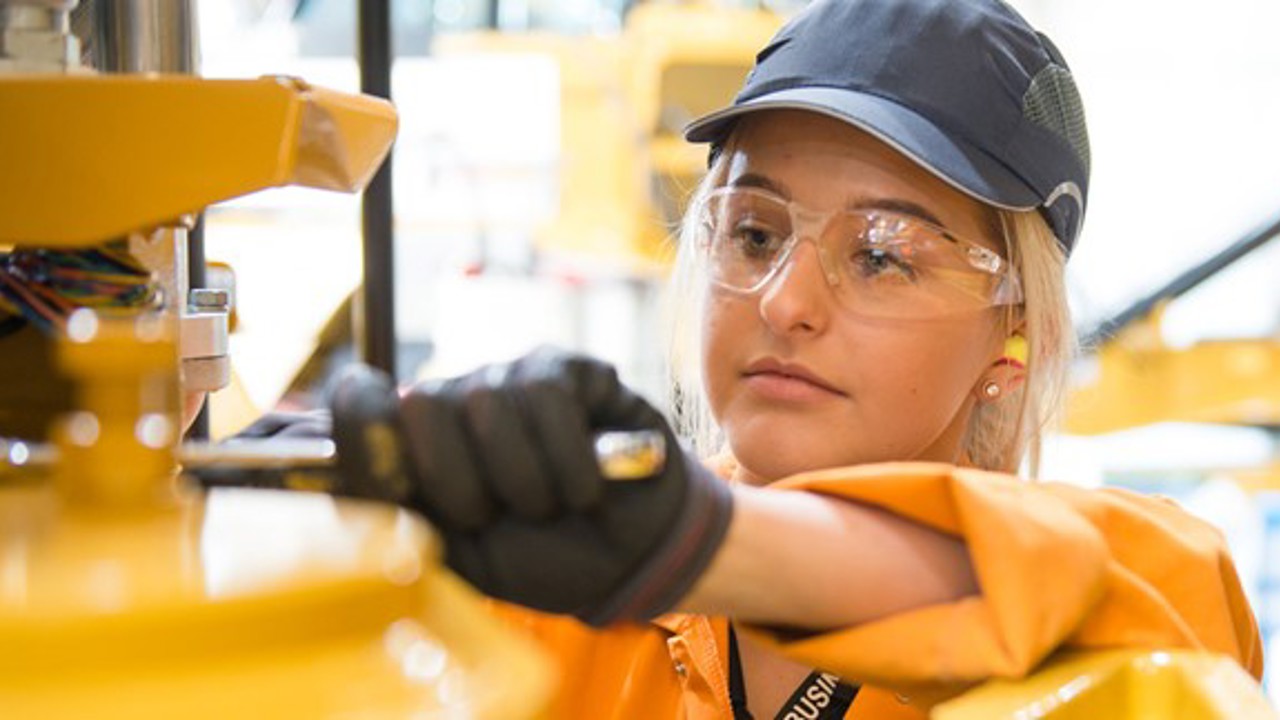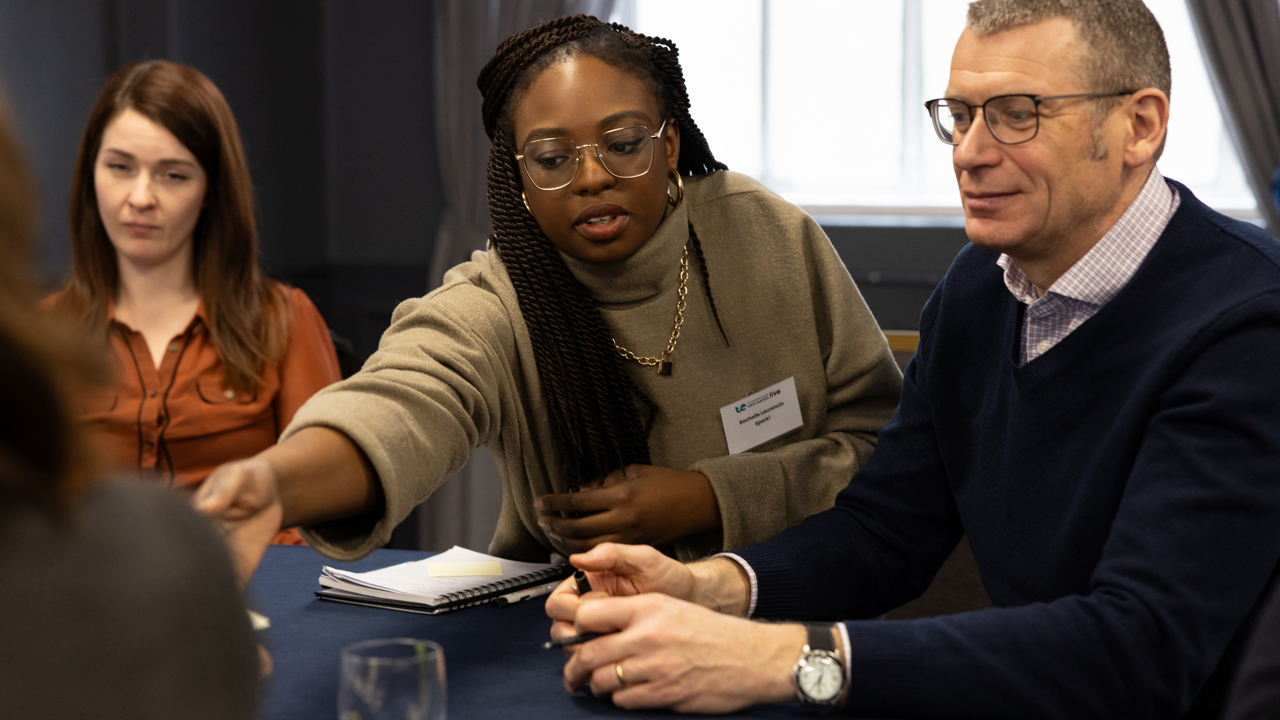Our School report series continues
Our latest School report briefing exploring barriers to delivering science practicals in classrooms. It found the number one blocker teachers face is the demands of the national curriculum itself.
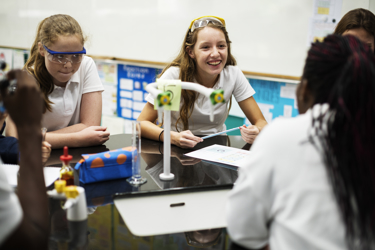
‘School report: Barriers to practical science,’ quizzed 398 UK science teachers on the difficulties they faced in delivering hands-on practical science lessons.
The survey revealed demands of the curriculum was found to be the biggest barrier to delivering a practical science (44%) followed by time constraints (37%) and student behaviour (33%). Just over a quarter, (27%) said their school did not have enough money to purchase the equipment needed for practical lessons, or they did not have enough equipment (26%).
Becca Gooch, Head of Research, EngineeringUK, said, “We know the frequency of hands-on practical science has dropped. Our Science Education Tracker research in partnership with the Royal Society highlighted this, as well as how critically vital practical science is as a motivating factor for learning science for years 7 to 9.
“Hands-on practicals help bring science to life for young people and boost interest in science as well as developing important skills. We need more young people, especially girls, choosing to continue with science and progress into engineering and technology careers. So, we need school students to have many more opportunities to get hands-on in their science lessons.”
In 2016, 44% of GCSE students were doing hands on practical work at least once a fortnight. This declined to 37% in 2019 and again to 26% in 2023. Restrictions during the Covid pandemic meant it wasn’t possible for students to do hands-on practical work. However, even prior to the pandemic there was a shift away from both hands-on practicals and watching teacher demonstrations and towards video-based learning.
“Hands-on practicals help bring science to life for young people and boost interest in science as well as developing important skills. We need more young people, especially girls, choosing to continue with science and progress into engineering and technology careers. So, we need school students to have many more opportunities to get hands-on in their science lessons.”
— Becca Gooch, Head of Research, EngineeringUK

